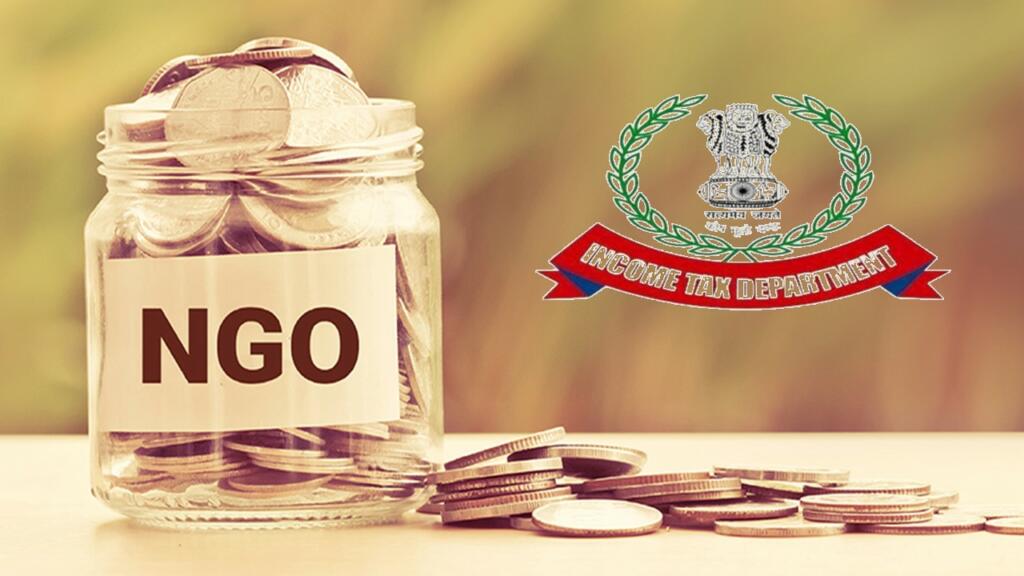Donating to charitable causes has long been a commendable means of contributing to society, and in India, it offers an extra advantage – the opportunity to receive tax benefits through Section 80G of the Income Tax Act. This piece aims to navigate you through the complexities of Section 80G, enabling you to optimize your tax advantages while championing the causes close to your heart.

Understanding Section 80G
Section 80G within the framework of the Income Tax Act of 1961 serves as a stimulus for contributions made to duly registered non-governmental organizations (NGOs) and charitable institutions. Donors, falling under this provision, can avail deductions on their taxable income, resulting in reduced tax liabilities. Nevertheless, it is imperative to note that not all contributions are eligible for these tax benefits, with the degree of benefit hinging on a range of influencing factors.
Choosing the Right NGO
The first step to availing tax benefits under Section 80G is to select a registered NGO or charitable institution. Ensure that the organization you choose has a valid 80G certificate, which is issued by the Income Tax Department. This certificate specifies the eligibility of the NGO to receive tax-deductible donations.
Types of Donations Eligible for Deductions
Not all donations are eligible for tax benefits under Section 80G. While cash donations of up to ₹2,000 need no documentation, any amount above this must be made via banking channels (cheque, demand draft, or digital payment) to be eligible for deductions.
Furthermore, the choice of the charitable organization you support can significantly impact the allowable deduction amount. Contributions directed towards designated funds like the Prime Minister’s National Relief Fund qualify for a full 100% deduction without any set limits. Conversely, donations made to non-governmental organizations (NGOs) may be eligible for either a 50% or 100% deduction, contingent upon specific criteria.
Maximum Deduction Limits
The provisions of the Income Tax Act specify that the allowable deduction under Section 80G varies between 50% and 100% of the donated sum, contingent upon the qualifying organization. Nevertheless, there exists an annual cap on the cumulative deduction, set at 10% of your adjusted gross total income. Hence, meticulous calculation of your potential deductions is imperative.
Filing Your Tax Returns
To claim deductions under Section 80G, you must maintain records of your donations, including donation receipts and 80G certificates. When filing your income tax returns, make sure to enter the details of your donations accurately in the relevant sections, such as Section VI-A of the ITR form.
Stay Informed
Tax laws and regulations can change, so it’s crucial to stay informed about the latest updates. Keep an eye on announcements by the Income Tax Department and consult with a tax advisor if needed to ensure compliance.
In Conclusion
Section 80G of the Income Tax Act serves as a vital bridge between charitable donations and attractive tax benefits, inspiring individuals and businesses to actively support NGOs and charitable groups. By following the guidance provided in this manual and making informed decisions, you can champion your favorite causes and enjoy the financial advantages of your generosity. Remember, your contributions have the potential to drive significant positive change in society, and Section 80G enables you to amplify the impact of your charitable efforts while reducing your tax obligations.
Read More:- Empowering Futures: NGOs Committed To Child Education
Read More:- NAVIGATING THE EDUCATIONAL ODYSSEY: A GUIDE TO CHOOSING THE RIGHT SCHOOL FOR YOUR CHILD

